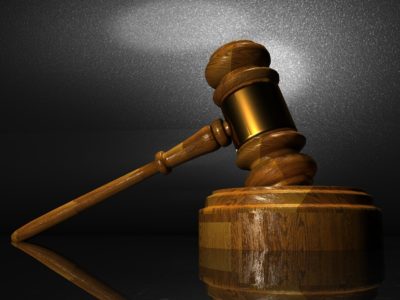In the competitive nature of business and industry the “Sirens of Litigation” are encountered during the lifespan of many companies and firms. However, the enticement of pursuing such business disputes can come at a significant expense to any company. The financial cost surfaces in attorney fees, expert witness or consultant fees, and court fees. The temporal cost arises from the typical multi-year cycle of such cases during which the company must dedicate its personnel to participate in time consuming litigation support, document retention/review, and testimony. Moreover, the tides of any court system can drown litigants in various pre-trial settlement programs which further delay the time to trial. Therefore, the pursuit of any case comes at a weighty expense, both in time and money, for a company.
From this reality a business, including its executive management and equity owners, is well advised to consider and institute best practices for litigation avoidance to prevent, or at least limit, exposure to lawsuit liability or incurring damage loss. Litigation avoidance should be approached from multiple angles. Below are some concepts and policies any business, whether a publicly traded company or a closely held corporation or smaller family partnership, would be prudent to implement to steer the company away from the horizon of any lawsuit:
- Regular review of all form contracts, documents or written agreements to assure the company’s interests are protected against liability exposure, as well as to preserve the contractual right to recover attorney fees as an element of damages in any contractual breach litigation;
- Regular review of all form contracts or written agreements to assure compliance with applicable state and federal statutes and regulations to assess and avoid liability risk for each jurisdiction in which the company operates;
- Conduct internal insurance audits with the assistance of legal counsel and an insurance broker to confirm the company is fully insured in sufficient risk limits, and is adequately insured against all foreseeable liability risks depending on the company’s line of business;
- Consistently follow proper corporate form by conducting regular officer/ director meetings, as well as shareholder/partner meetings, and memorialize all decisions and resolutions of the Board of Directors or Management Committee in the company’s records;
- Frequently review and update Employee Handbooks and Manuals, employment policies and procedures, and corporate policies;
- Adopt internal risk assessments through due diligence review procedures for any customers, clients, vendors or contractors to ascertain litigation history, creditworthiness, and financial viability or debt risk.
These are only a few examples of litigation avoidance practices a company may consider to prevent liability exposure when competing in an aggressive, combative and zealous commercial marketplace or industry. Legal counsel, as well as financial and insurance professionals, should be engaged and consulted with when developing and reviewing such policies and practices.
While it is true an ounce of prevention is always worthwhile, in the arena of business litigation the appropriate avoidance practices can reap immeasurable benefits to a company.













